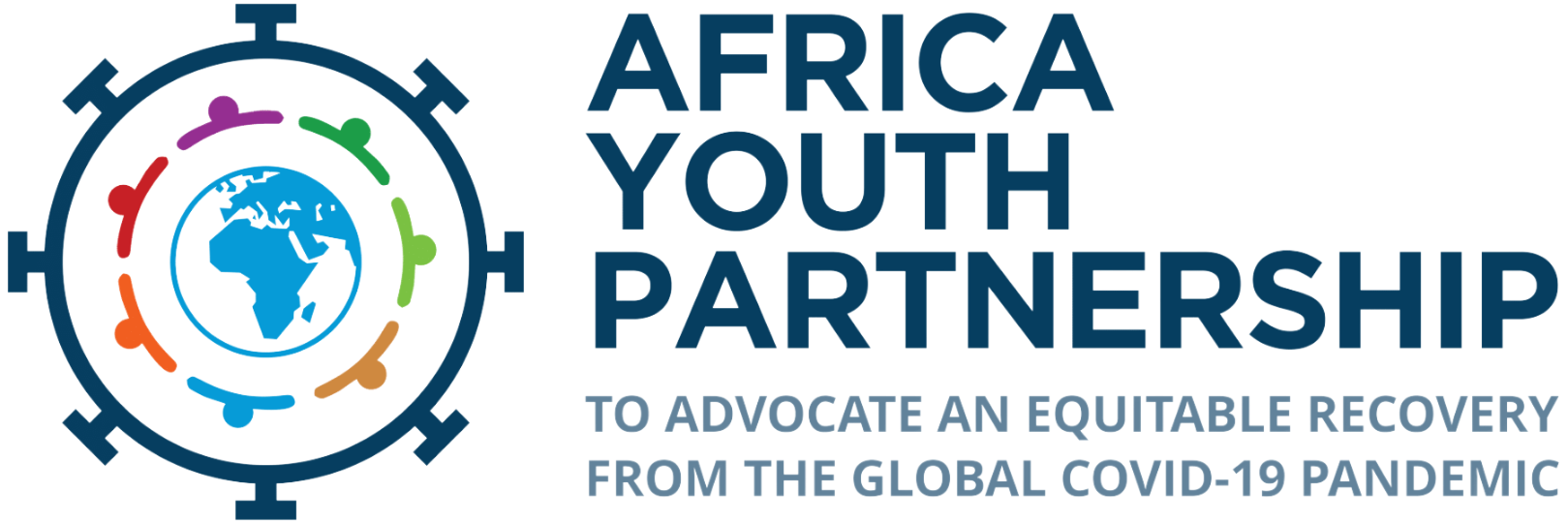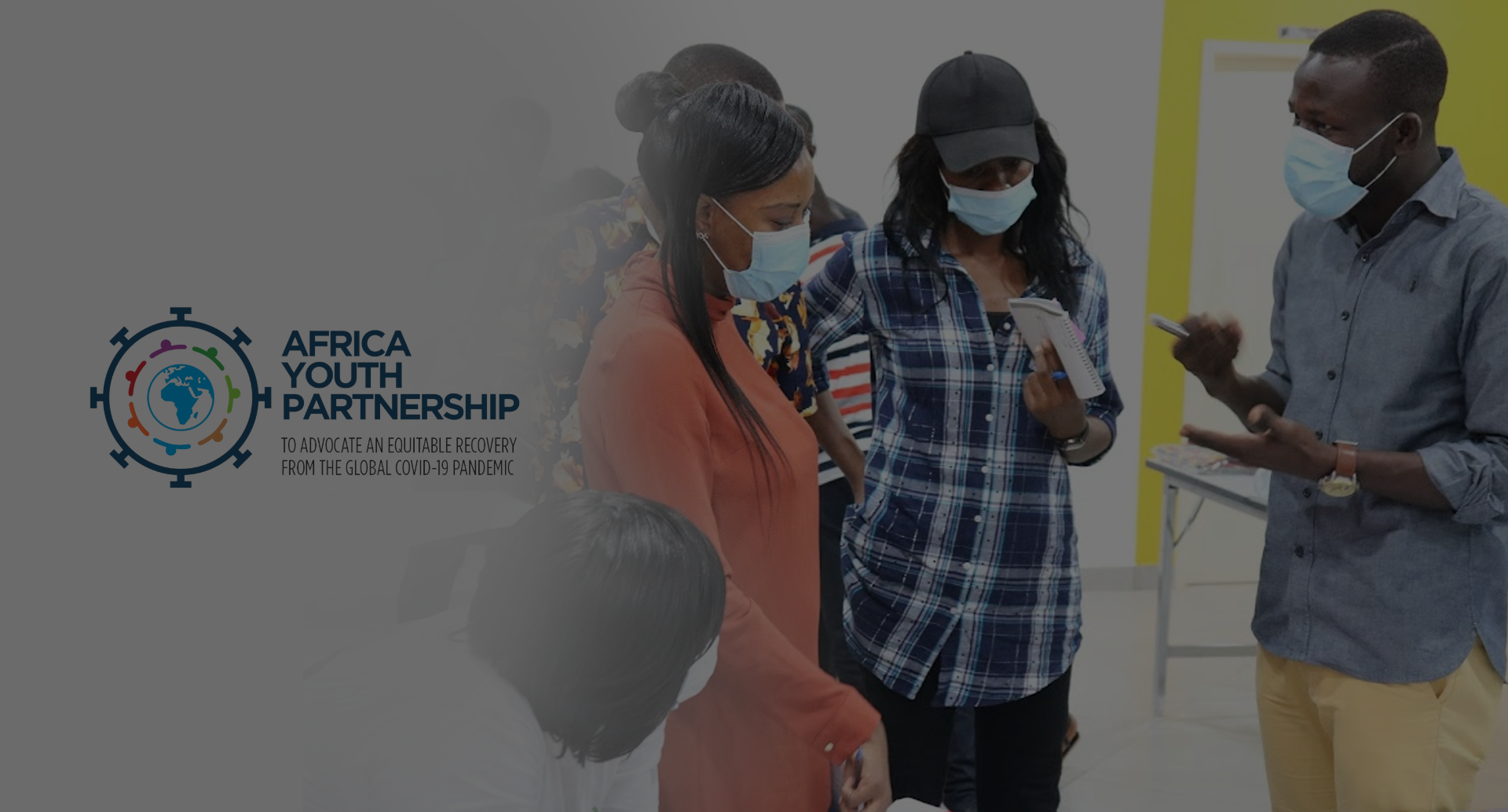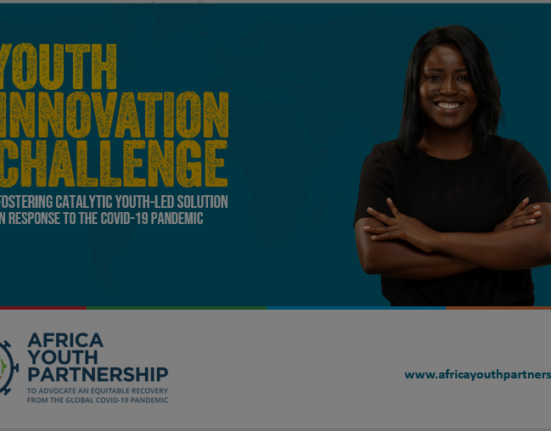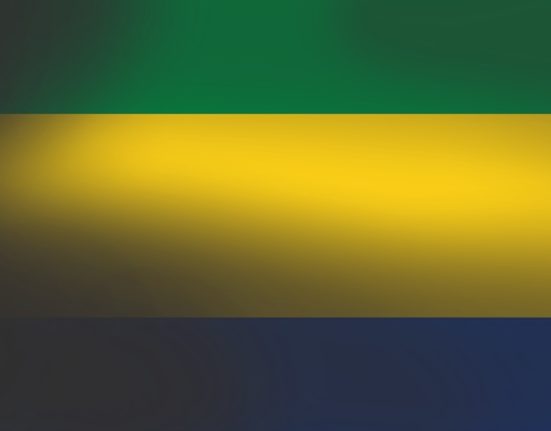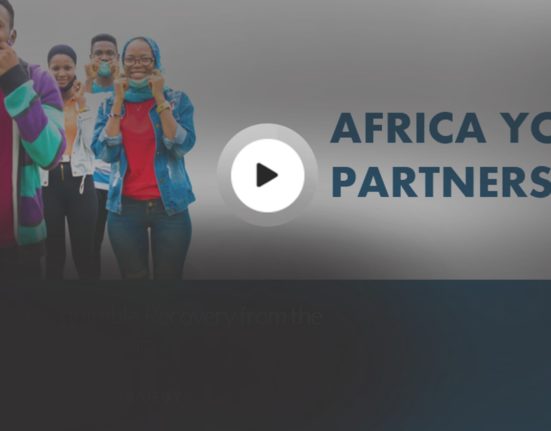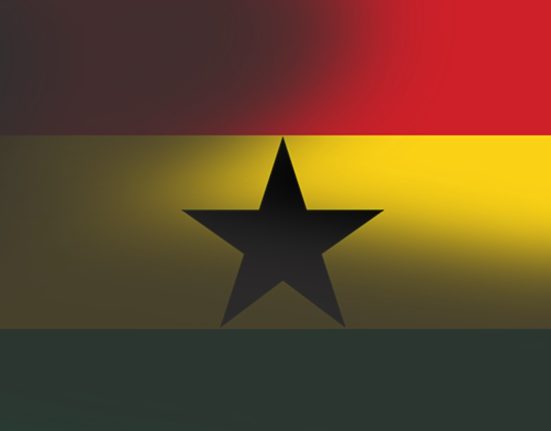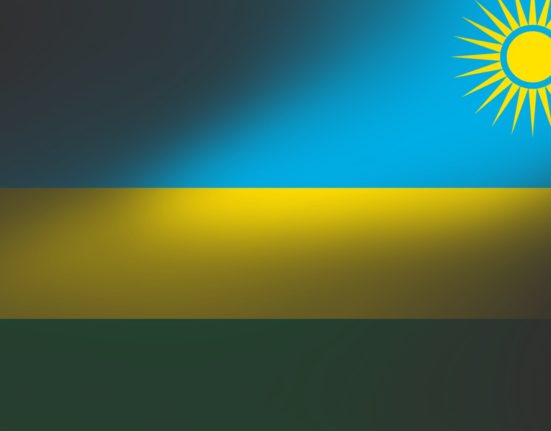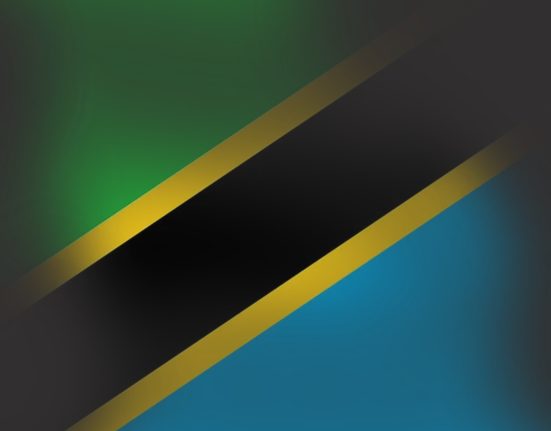The Africa Youth Partnership to Advocate an Equitable Recovery from the Global COVID-19 Pandemic, implemented by Youth Opportunity and Transformation in Africa (YOTA) and Restless Development, with funding from Ford Foundation, was officially set in motion on the 18th of April, 2022.The virtual launch, which attracted participants from more than 15 countries, including representatives of governments, civil society, youth organisations and other development partners in Africa, was held as a side event at the 2022 ECOSOC Youth Forum.
The far-reaching fingers of COVID-19 has undoubtedly ravaged the most obscure corners of the globe, leaving the world in socio-economic devastation. This as a ripple effect, has further exacerbated the pre-existing challenges that the youth face across continents, specifically Africa. This is made evident by the existing food insecurity, the impeding of peacekeeping and reconciliation efforts, reduced access to essential goods and services, increased poverty and exposure to violence and abuse in many African countries.
The general challenge of vaccine access, uptake and distribution, and the lack of transparency and accountability in the allocation of COVID-19 funds by government officials in some African countries, cannot be overlooked. It is therefore imperative that the youth, who form 65% of Africa’s population and are therefore a major stakeholder in the continent’s development effort, are given frontline roles in the COVID-19 recovery process. A fact, that is not lost on the Africa Youth Partnership project.
In an in-depth presentation by Emmanuel Edudzie, the Executive Director of YOTA, he laid down the mission of the Africa Youth Partnership project, which is to improve the capacities and skills of youth-led organisations and young innovators, to develop and implement policy accountability framework and offer solutions. The project also aims at supporting them, to produce collective reviews and evidence of the performance of national and regional COVID-19 programmes, which will ultimately amplify their voices in policy spaces, to influence national and regional policies, programmes and budgets, in favour of more equitable and inclusive recovery from the COVID-19 pandemic.
We need to improve the capacities and skills of these young people, so that they can do what they’re doing much better, but in particular, so that they can hold policy makers accountable
Emmanuel Edudzie explained
Furthermore, he gave some insight into the strategy the Africa Youth Partnership project plans to execute, in implementing its mission. This encapsulates establishing Youth Task Teams to spearhead youth-led accountability, curating online platforms to promote youth innovation, creating the African Youth Panel to spearhead regional advocacy and supporting engagement of Africa’s youth in global recovery processes. Currently, the project is targeting at least 10 African countries namely; Gambia, Ghana, Liberia, Nigeria, Kenya, Sierra Leone, Tanzania, Uganda, Zambia and Zimbabwe.
Margaret Milwa, Programme Officer of Ford Foundation Office of Eastern Africa, also shed some light on Ford Foundation’s mission, general work and their massive contributions to COVID-19 recovery. Notable among the organisation’s efforts, are the offering of grants to organisations that are geared towards Young Feminist Organising, Inclusive Economic Recovery, Vaccine Equity and Youth Inclusion in COVID-19 Economic Recovery Plans. The latter, leading to their generous funding of the Africa Youth Partnership project by YOTA and Restless Development.
To provide some context and tangible statistics on the matter, Chimaroake Izugbara the Director of the International Center for Research on Women (ICRW) presented an extensive study conducted by ICRW on National Economic Recovery Efforts and their Long-term Implications. Besides bringing to light the various African governments’ efforts to withstand the devastation of the COVID-19 pandemic, the study also sought to analyze the involvement of the youth in these recovery efforts. In Chimaraoke’s words, “The young people we spoke to in different parts of the continent reported limited participation and involvement in the development of recovery programmes in their countries.” He went on to explain the reason for this stating; “We found out talking to young people, governments and different stakeholders in countries that, few of these countries’ recovery plans specifically targeted young people and when they targeted young people, they took them as a group. There was very little effort to take into consideration that young people might look the same in terms of age but they have different issues. There are those in the rural areas, those in the urban areas, those who are educated and those who have very little formal education…”
Drawing from this, the Africa Youth Partnership is beyond a shadow of doubt, the initiative Africa needs to close all the gaps laid bare by this study.
To conclude the virtual launch, some of the participating youth from various African countries such as Tanzania, Rwanda, Ghana and Gabon made calls to action to their governments and development agencies. Some of these included; advocacy for the facilitation of girls’ education during the pandemic, the digitalization of the educational system to aid virtual learning and addressing climate change to ensure food and water security.
“What is the way forward you ask?”
The youth!
Africa Youth Partnership is set to put the youth at the forefront of the COVID-19 battle and they’re sure to win.
